Party Lines: Dance Music and the Making of Modern Britain
£15.30£19.00 (-19%)
‘A deep, engrossing history’ The Observer
‘A fascinating deep dive’ Jeremy Deller
From the illicit reggae blues dances and acid-rock free festivals of the 1970s, through the ecstasy-fuelled Second Summer of Love in 1988, to the increasingly corporate dance music culture of the post-Covid era, Party Lines is a groundbreaking new history of UK dance music, exploring its pivotal role in the social, political and economic shifts on which modern Britain has been built.
Taking in the Victorian moralism of the Thatcher years, the far-reaching restrictions of the Criminal Justice Act in 1994, and the resurgence of illegal raves during the Covid-19 pandemic, Party Lines charts an ongoing conflict, fought in basement clubs, abandoned warehouses and sunlit fields, between the revolutionary potential of communal sound and the reactionary impulses of the British establishment. Brought to life with stunning clarity and depth, this is social and cultural history at its most immersive, vital and shocking.
____
‘Excellent’ The Sunday Times
‘Reminds us why the dance floor matters . . . fascinating’ Telegraph
Read more
Additional information
| Publisher | Main Market edition (3 Aug. 2023), Picador |
|---|---|
| Language | English |
| Hardcover | 464 pages |
| ISBN-10 | 1529070643 |
| ISBN-13 | 978-1529070644 |
| Dimensions | 16 x 3.8 x 24.2 cm |


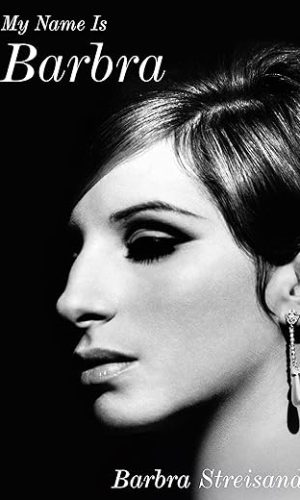
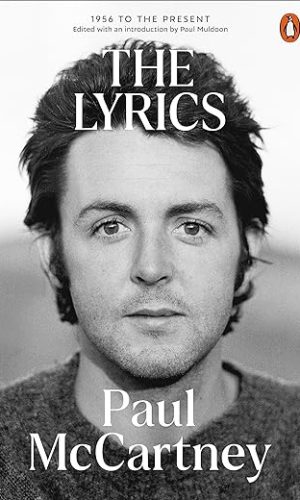

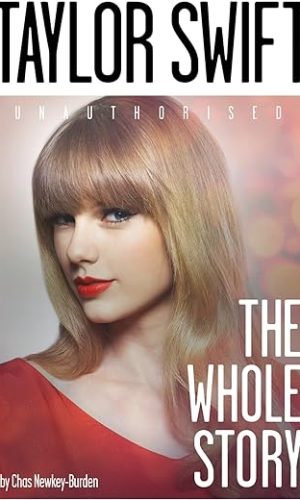
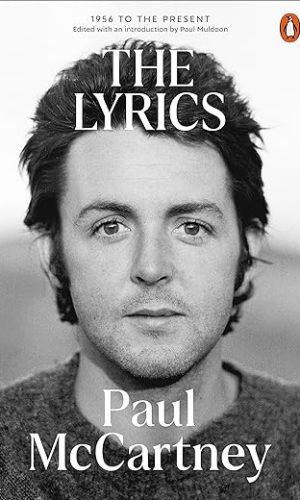


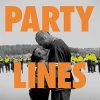
by P. Harris
This is an interesting read, but if you’re looking for a history of UK dance music that talks about the music itself, then this isn’t it. Instead, it’s about the political, social, racial and cultural backgrounds. That is interesting but makes for an overly earnest read and cries out for more musical insight
by Fraser
Ed has masterfully challenged prevailing social and musical orthodoxies in British dance music, taking his start in Bristol’s blues dances and the free festival movement of the 70s, he successfully unseats the geographies and history of the orthodoxical, white and manchester-centric 35 year history we’ve all become so used to.
The effect is spellbinding as it is a materialist, serious social history. You’ll find yourself whisked between fever pitched moments of legal upheaval and state oppression to moments of suspended intimacy, where time slows down as dance music history is written through turntables, crowds and soundsystem sun an approach that does away with snobbery and elitism and takes on a democratic profile of dance music.
This is book has not been as widely read as it should be – it’s a landmark.
by Gary Cox
An utterly depressing read on what was a jubilant,happy time in the UK dance scene. A Guardian look at the past with plenty of government bashing which just dredges out to a monotonous drone as you go through the last 3 chapters.
by Josie Collier
This book is a great and thought-provoking analysis, the main thrust of which is that capitalism and the attempt to monetise creativity, spontaneity and fun might win. But in its way stands some people’s quest for equality and togetherness and the right to articulate how they feel about their lives through music and dance. It is not a complete history of dance music but a journey through the same struggle which isn’t over yet!
by Chloe H
A visceral read that pulls you into the atmosphere of moments on the dance floor, throughout the history of rave. If you have personally experienced some of the examples given by the writer, it feels incredibly evocative. The book is told through a political and social lens, that gives a useful insight into the roots of dance music culture through to the impacts of big business and politics on the authenticity and availability of that culture.
by vicki
As someone who’s always been curious about the sociopolitical context in which certain music genres arise (most don’t exist in vacuums, as far as I’m aware), this book is a skillfully researched, well-written account of how dance music has shaped modern Britain and the financial, economic forces at play that threaten to suck the lifeblood out of the scene.
If Gillett were cynical about the whole thing, it would be easy to point fingers here and there and lament the genre’s takeover by predatory forces. Instead, his love for the music and its communities shines throughout, and rather than giving us a doom-laden account, he encourages us to think more critically about our nights out and where our ticket money is really going.
I found myself laughing out loud during certain chapters, his sharp wit and incisive observation echoing much of my own discomfort with certain trends in dance music, i.e. monochrome-clad tech bros who don’t mind dropping 50 quid on nights out and whose idea of a banger is a steady 4/4 beat.
Overall an engrossing read with some inspiring anecdotes at the end about people who are out there fighting to keep the more utopian, radical, world-building ideals of dance music blood-pumpingly alive.
by Penny Clare
A fascinating cultural history and analysis, wide ranging and detailed. Lots of fresh information, in a comprehensive and well written account. Highly recommend.
by Hannah G
A brilliant read, split up into easily digestible chapters. Gillett manages to cover a huge span of fascinating dance music history without it feeling laborious.
His tone of writing is simple and smart with moments of humour. I thorough enjoyed it.